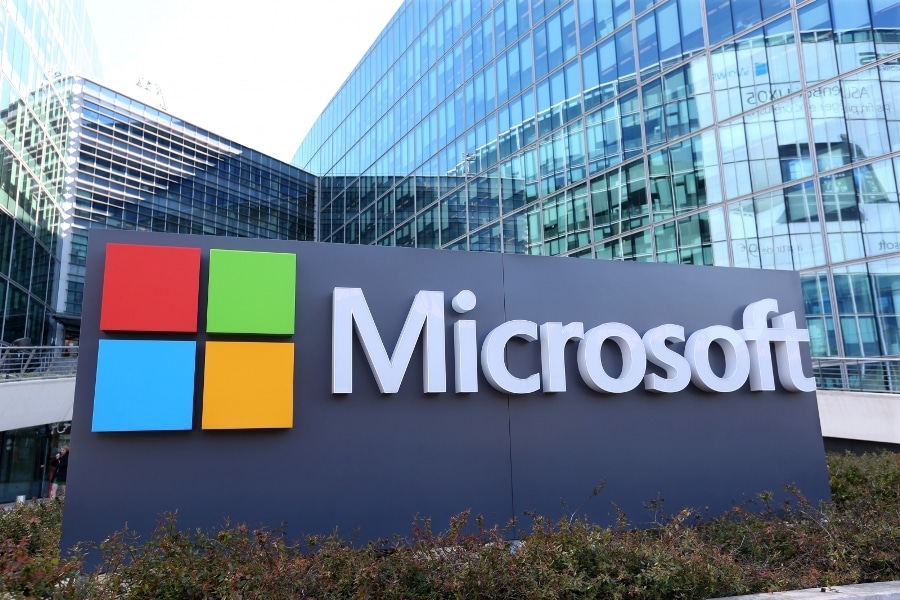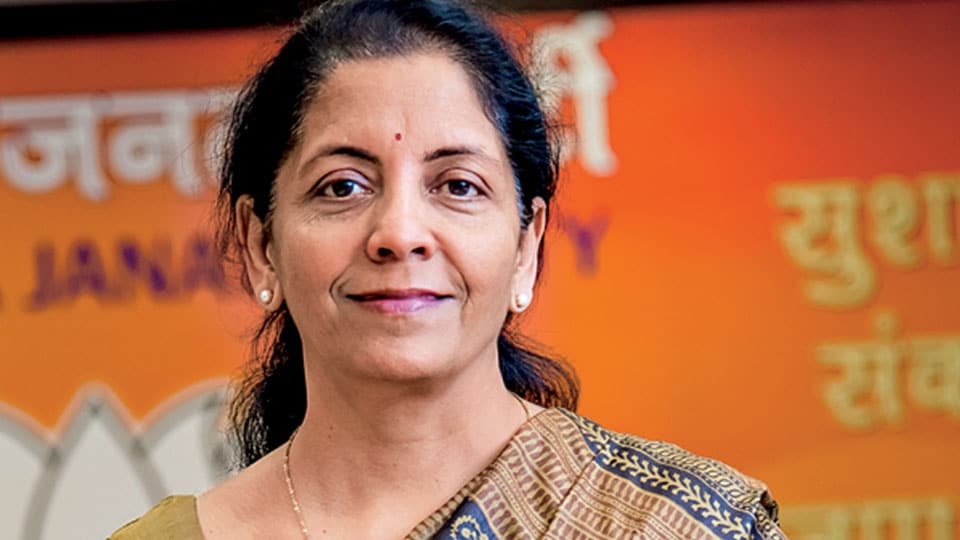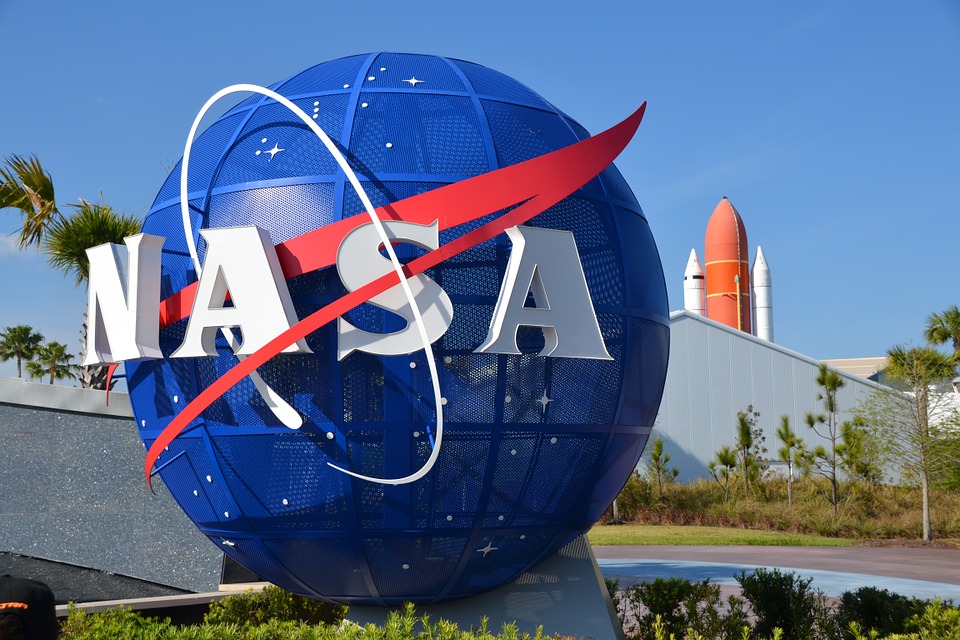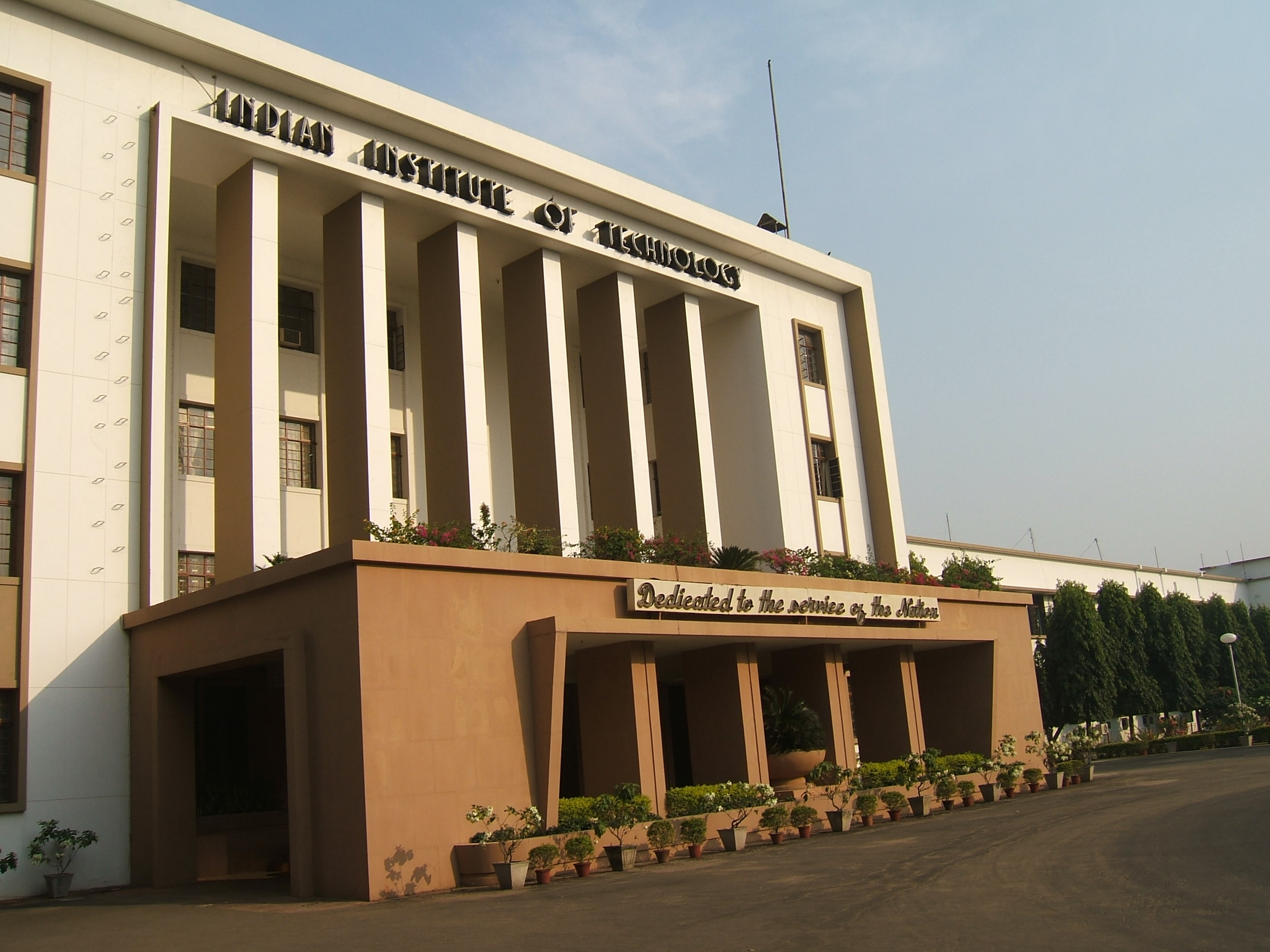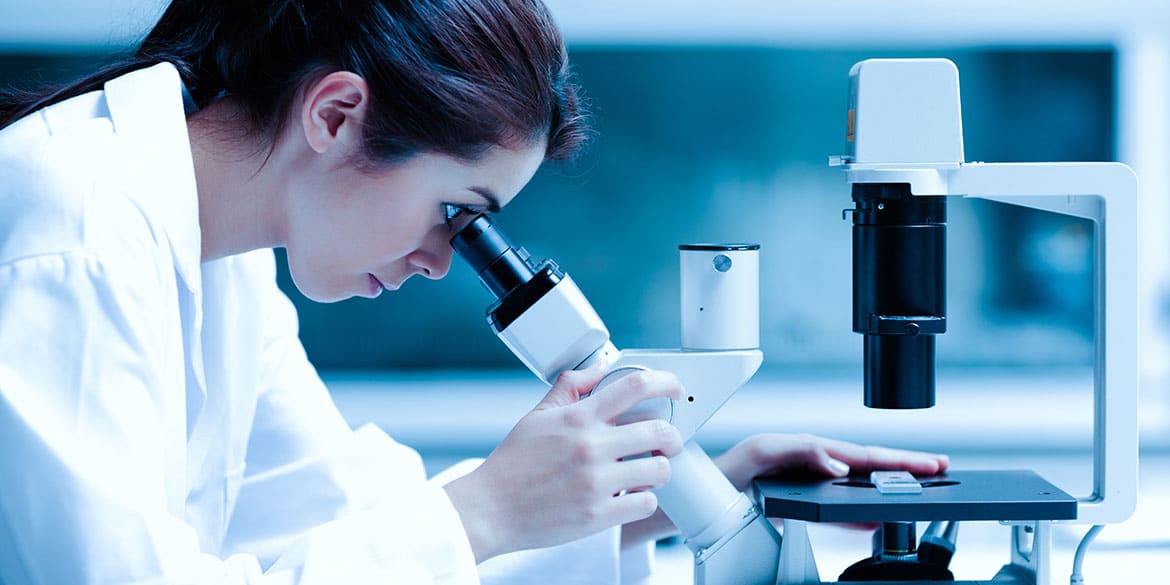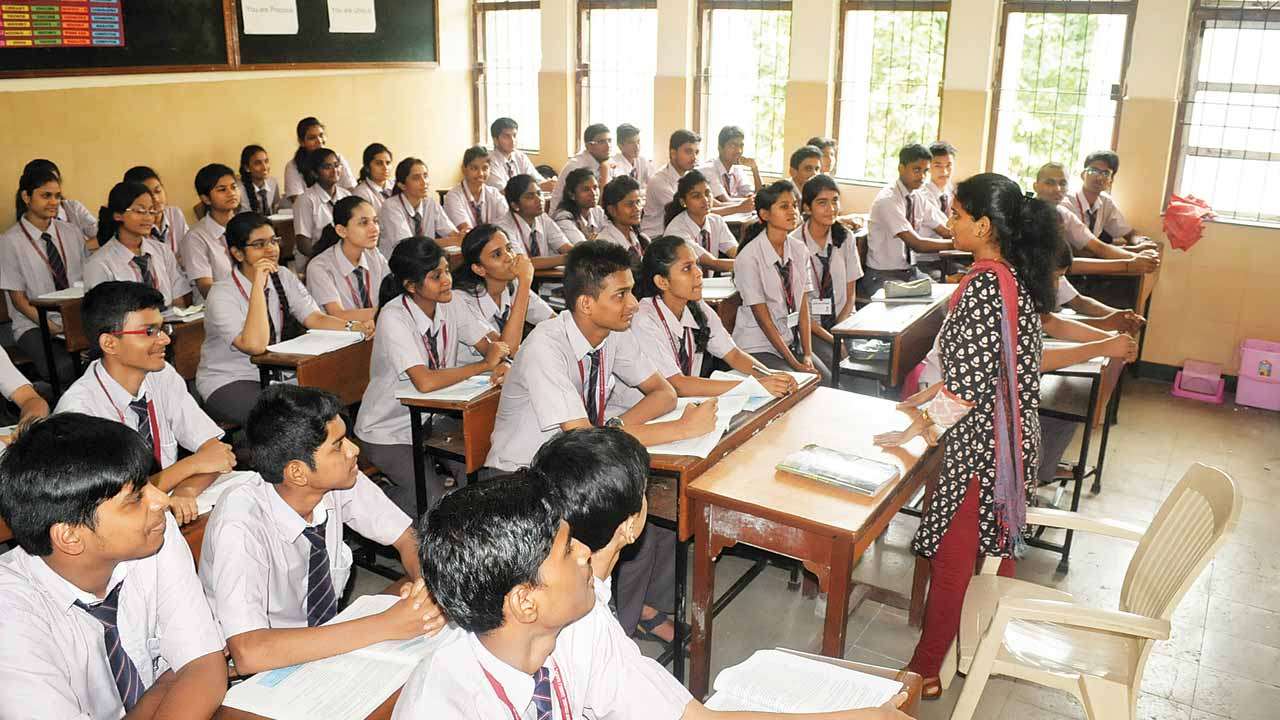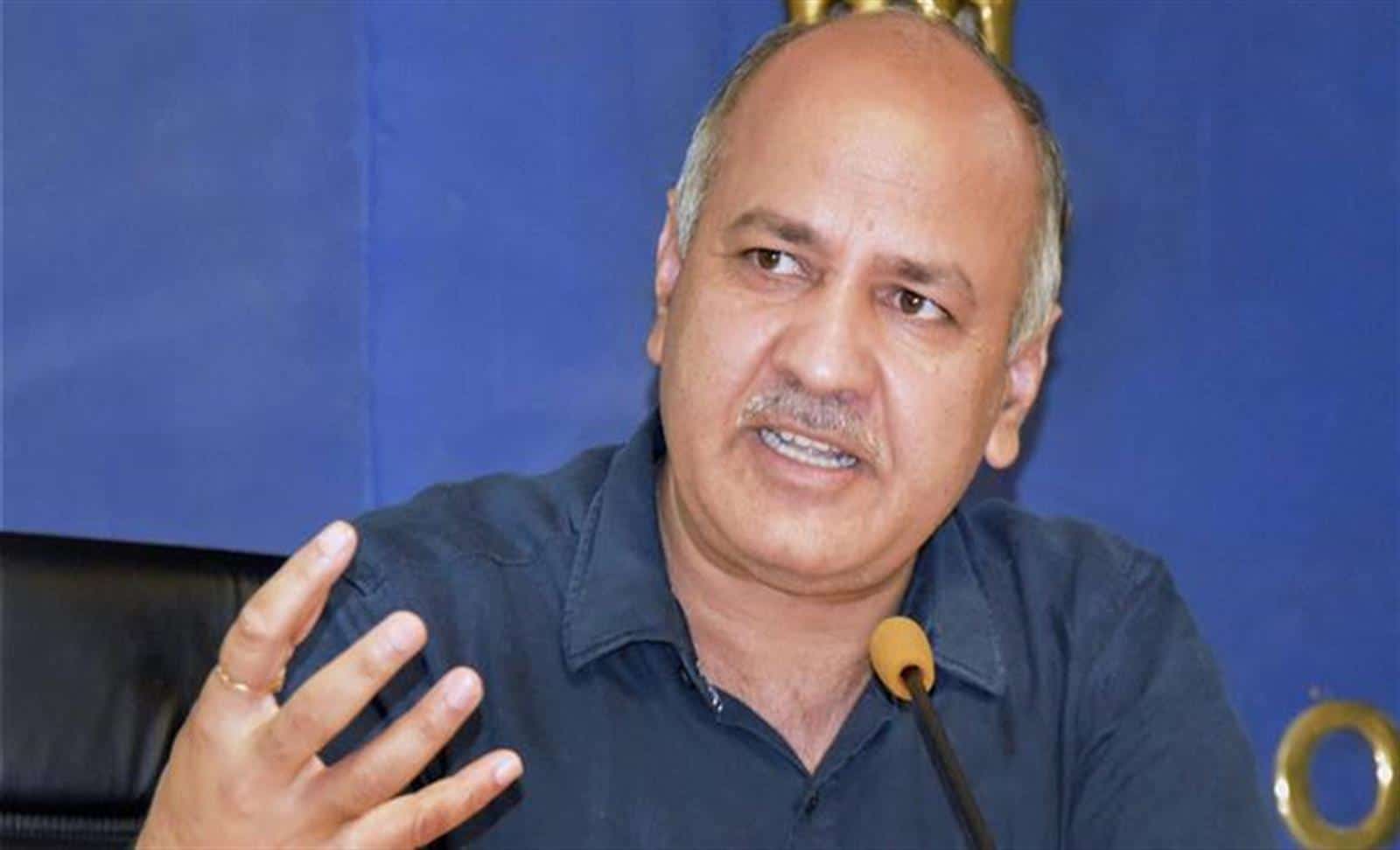Microsoft has partnered with Chalkup to drive better learning experiences for students globally. Chalkup is a classroom collaboration startup.
Under the collaboration, Microsoft will highlight the best of the Chalkup features like rubrics system,to make it easier to assess and grade student assignments into “Microsoft Teams”.
The move is a part of the tech giant’s continued investment to “help save teachers time, build collaborative classrooms and drive better learning outcomes for students,” Eran Megiddo, CVP, Education said.
Like Chalkup, “Microsoft Teams” includes seamless class discussions, chat and integrated assignments and grading functionality, including Microsoft learning tools. These are free tools that implement proven techniques to improve reading and writing for students regardless of their age or ability. Chalkup was co-founded in 2013 by Chando to build a more compelling digital classroom experience for all students.
“In spending time with the amazing people at Microsoft, it was clear that we were completely aligned in our mission for connecting classrooms, sparking student collaboration, and finding new and innovative ways to work together,” Chando said. “We knew Microsoft would be a great fit and we’re thrilled for what the future holds for our customers,” he added.
Microsoft began its Teams for Education collaboration service in March 2017. It is a free add-on to Office 365 Education for users with an Education, Education Plus, Education E3 and/or an Education E5 suite plan.







